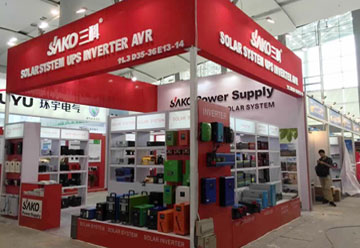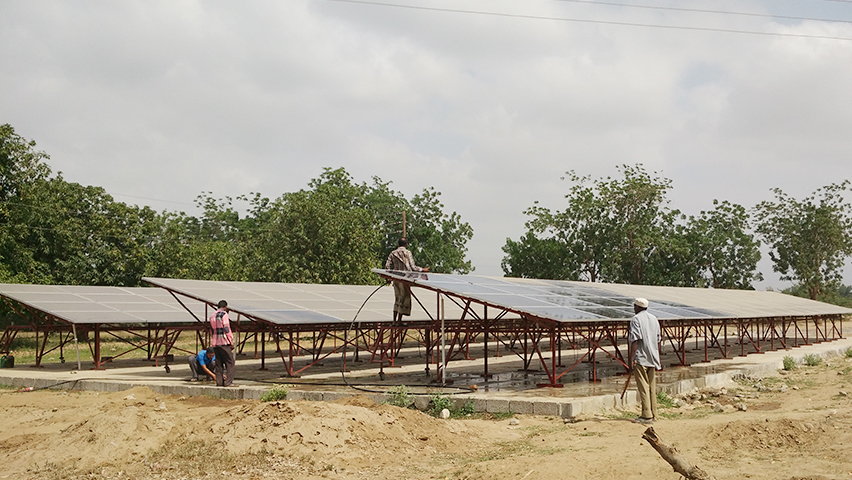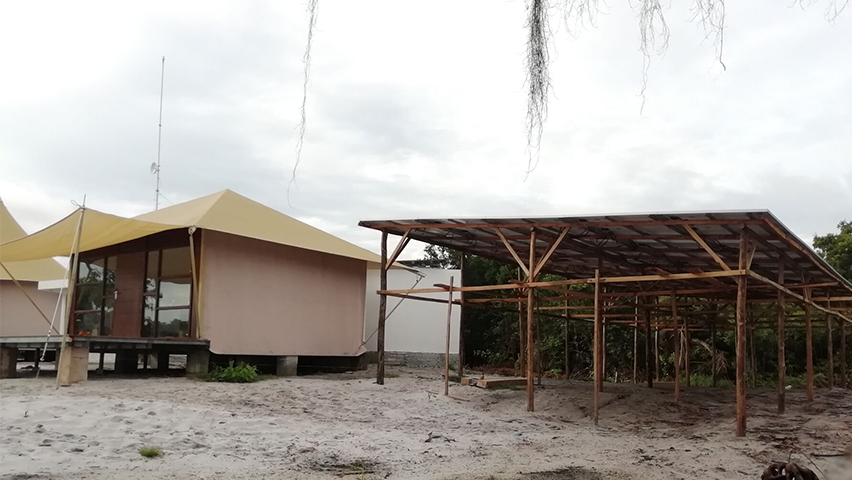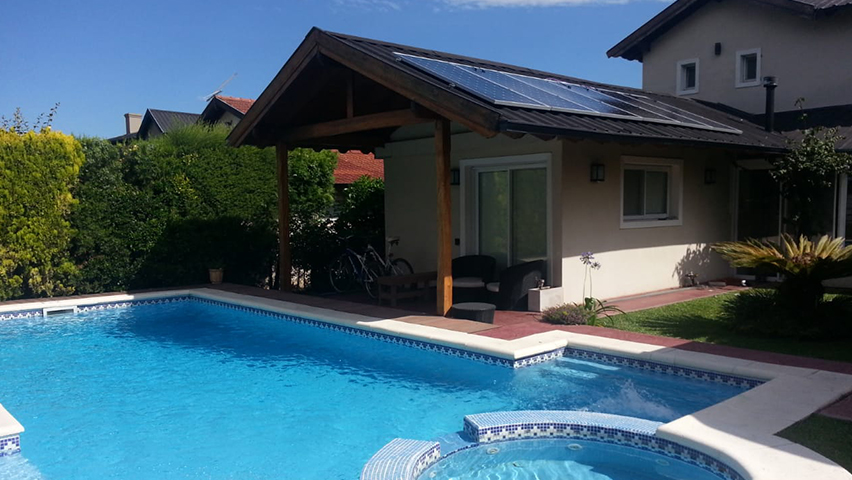
The introduction of off-grid solar power systems means that the era of the traditional grid is gradually leaving the stage, and a new energy era is currently being waged! These innovative solutions will not only reduce your carbon footprint but also provide an efficient and cost-effective source of electricity. Join us as we explore how these revolutionary systems work, their benefits, how SAKO glows on this new energy game, and why it is fast becoming the first choice for renewable energy enthusiasts around the world.
What is Off-Grid Solar Power?
Off-Grid Solar Power Systems is one of the newest forms of renewable energy, and not just because they’re still in their early stages. Off-Grid Solar Power Systems use solar power to produce electricity without relying on traditional grid sources like power plants or transmission lines.
The benefits of off-grid solar power systems are numerous. For one, they’re environmentally friendly: off-grid solar systems generate no emissions whatsoever. Additionally, off-grid solar systems typically have a much longer lifespan than traditional grid-based systems – meaning they’re less likely to need replacement in the near future. And lastly, off-grid solar systems can provide a greater degree of independence from the grid than other types of renewable energy sources.
SAKO’s off-grid solar systems enjoy a good reputation in the industry for their off grid hybrid solar inverter and smart lithium battery which is composed of 5kw lithium battery.
Advantages of Off-Grid Solar Power
There are many advantages to using off-grid solar power systems. The main advantages of off-grid solar power systems include the following:
- Independence from the traditional electrical grid: Off-grid solar power systems use renewable energy sources, such as sun and wind, to generate electricity. This means that these systems do not rely on centralized power sources, such as those found in homes and businesses. As a result, these systems are less susceptible to outages and can provide greater peace of mind for users.
- Reduced environmental impact: Off-grid solar power systems produce little or no greenhouse gas emissions. In fact, they can have a positive impact on the environment by reducing reliance on fossil fuels.
- Decreased cost: Compared to using traditional grid electricity, off-grid solar power systems tend to be much cheaper. This is because they do not require the infrastructure necessary for the transmission and distribution of electricity from conventional sources.
Conclusion
Off-grid solar power systems provide a sustainable and clean alternative to traditional energy sources like fossil fuels. These systems work by capturing the sun’s energy and converting it into electricity, which can then be used to power homes or businesses. Off-grid solar power systems are becoming more popular as they become more affordable and reliable, making them a great choice for those looking for environmentally friendly renewable energy options.






